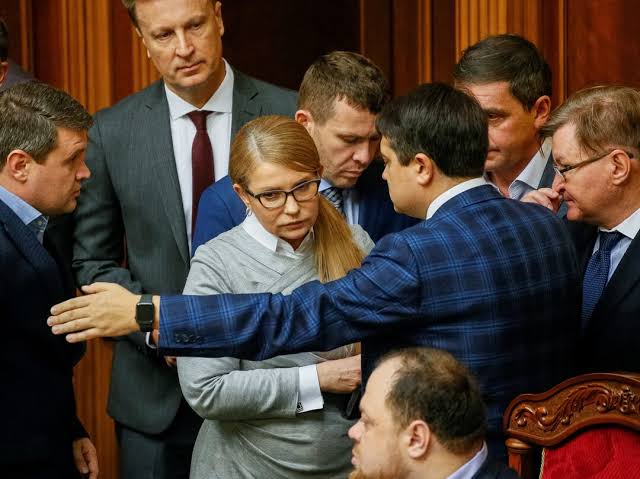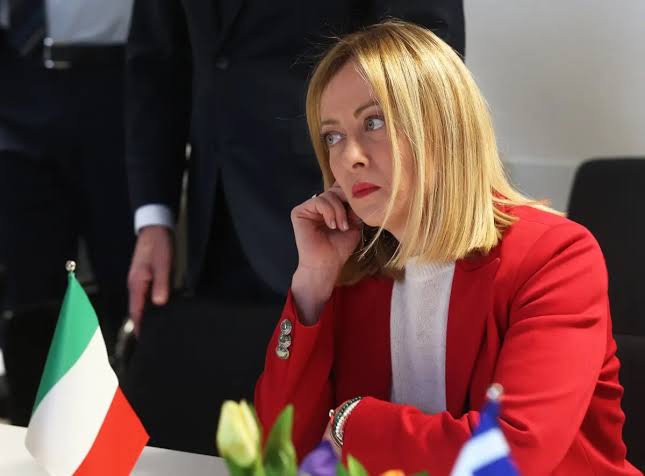Following Russia’s invasion in 2022, Ukraine’s typically vibrant political landscape was subdued under martial law. However, recent developments indicate a resurgence of political activity, coinciding with the United States’ aim to expedite the resolution of the conflict with Russia.
In the past week, a faction within Ukraine’s political sphere has criticized President Volodymyr Zelenskiy’s administration for prioritizing electoral ambitions over the ongoing war. Additionally, Kyiv’s mayor has alleged that a presidential appointee is undermining his efforts, while opposition leaders have been engaging with international counterparts.
Volodymyr Fesenko, a political analyst based in Kyiv, noted, “This is related to Trump and the anticipation of negotiations… There is a noticeable uptick in political activity, reflecting increased domestic unease.”
In a potential indication of a political revival, Reuters reported that U.S. President Donald Trump’s team is advocating for Ukraine to conduct a presidential election by the end of the year, particularly if a ceasefire with Moscow can be established.
Petro Poroshenko, a former president and prominent opposition leader, has been seen meeting with various foreign officials recently. He asserts that these interactions are unrelated to electoral matters, arguing that elections would benefit Russian President Vladimir Putin and jeopardize Ukraine’s stability at a critical time.
“Our primary objective is to achieve victory in the war,” Poroshenko stated to Reuters.
Nonetheless, his European Solidarity Party has accused Zelenskiy of attempting to exclude him from parliament and of concentrating on “forthcoming elections rather than addressing the war.”
Yulia Tymoshenko, a former prime minister, has also gained visibility, engaging with European Union officials abroad and voicing concerns over Ukraine’s detention of a general following a failed defensive operation last May.
Last week, Kyiv mayor Vitali Klitschko, who may be a presidential contender, accused Zelenskiy’s circle of engaging in political maneuvering, claiming that the military administrator appointed by the president has intentionally obstructed his civilian administration’s efforts.
When asked for a response, Zelenskiy’s team directed inquiries to.
U.S. officials indicate that no definitive policy decisions have been reached, and their approach to Ukraine is currently in flux. Ukrainian politicians, from both the ruling party and the opposition, express concerns that holding elections before the conflict concludes could jeopardize national unity.
Logistical hurdles also present significant challenges.
Serhiy Dubovik, the deputy head of Ukraine’s Central Election Commission, informed Reuters that a minimum of four to six months would be necessary to prepare for an election campaign, considering the displacement of voters and extensive destruction across the country.
Millions of Ukrainians remain abroad, while many others are internally displaced due to the war. Approximately one-fifth of Ukraine is under occupation, and frontline regions have suffered severe devastation.
President Zelenskiy has stated that elections will occur immediately following the end of martial law, which was instituted to grant the government emergency powers in its fight against Russia. Current legislation explicitly forbids the holding of elections during this period.
Zelenskiy, whose five-year term was set to conclude last May, has not disclosed whether he intends to seek re-election, emphasizing that this is not his primary concern.
President Putin, who has held power for 25 years, claims that Zelenskiy lacks legitimacy as a leader capable of negotiating due to the absence of elections.
In Ukraine, even those who express dissatisfaction with Zelenskiy’s performance largely regard him as the legitimate leader, according to Anton Hrushetskyi, director of the KIIS survey center in Kyiv.
A Ukrainian government official told Reuters that Putin is attempting to fabricate a false justification to evade negotiations. The official asserted that while Ukraine is eager to conduct elections, it is unfeasible during a full-scale war.
Zelenskiy’s public trust rating remains above 50%, as indicated by opinion polls, although it has declined since the onset of Russia’s invasion on February 24, 2022, when it surged to over 90% as the nation united in support of its leader.
A significant point of discussion among some analysts is Valeriy Zaluzhnyi, who commanded the armed forces for two years following the invasion before being reassigned as ambassador to London.
Certain lawmakers have raised questions about the potential for Zaluzhnyi to be integrated into the established political framework.





